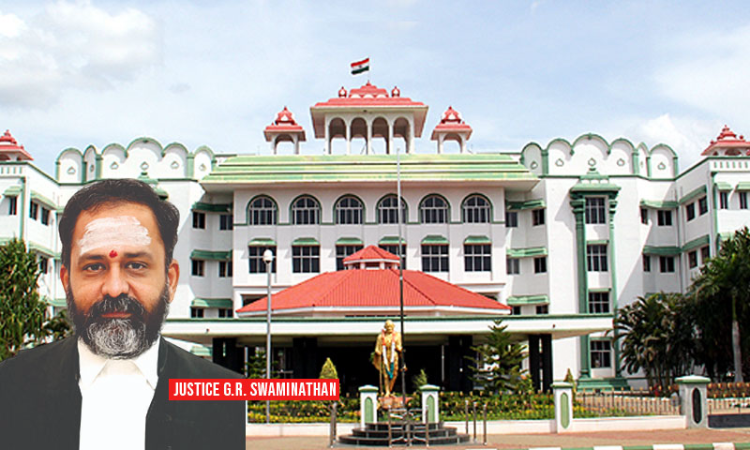A refugee has to be housed in reasonably decent accommodation. The basic infrastructural facilities must be available. He or she must also have access to the fundamental amenities such as sanitation, health care, clean drinking water etc., the Madras High Court has held.Justice GR Swaminathan observed that,"When the right to shelter and housing has been recognised internationally as a...

